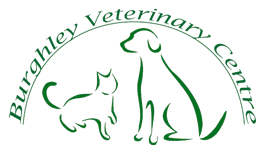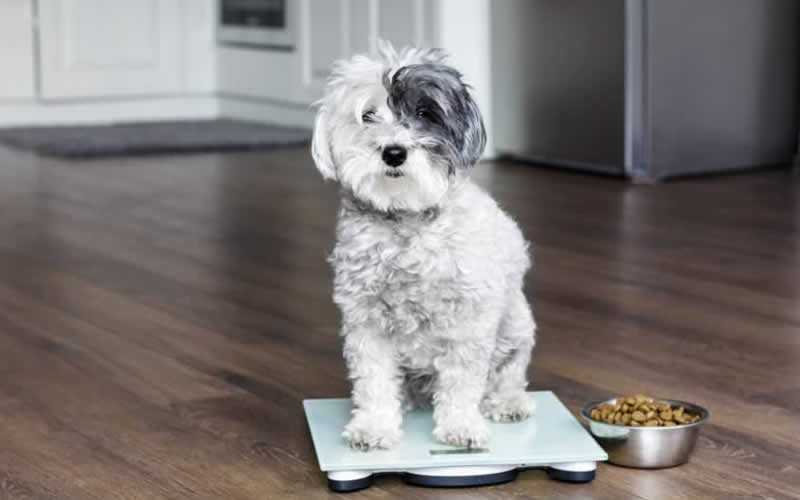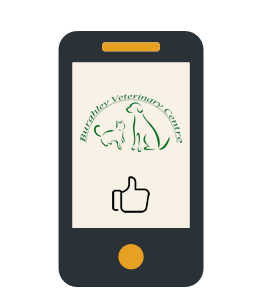Weight Control in Dogs
With recent studies showing that almost 30% of all our pets are obese; and as we start the new year, it’s time to think about the waistlines and health of our pets.
Unfortunately more and more pets are becoming overweight as the years progress. This affects how mobile your pet is, can predispose to diseases like diabetes and arthritis, and can worsen any underlying heart disease.
It can also affect an animal’s coat condition for example in cats if they are unable to groom themselves properly. Over half the dogs we see at our practice every year are overweight, and many (just as in humans) morbidly so. Being overweight has some serious consequences for dogs, just as it does for people.
In fact, the average lifespan of an obese pet is years shorter than that of pets that stay slim and healthy, and we all want our pets around for longer.
Weight related diseases include arthritis, heart disease, diabetes, liver disease, bladder problems and many types of cancer.
Most of our house pets are not very active. Not only are many of them overweight but they also don’t get enough exercise.
What can you do to help your pet lose weight?
Some dogs have higher metabolic rates than others, but for most dogs the recommended daily amount on dog food bags/tins is usually too much.
If you are feeding a good quality food your dog can often eat much less than the label says and still get all the nutrients necessary for good health. Feed only what your pet needs to maintain a healthy weight.
You should be able to naturally feel your dog’s ribs and backbone under his skin. Look for bulges over the hips and around the ribs where excess weight shows up, as well as a pendulous round belly. Choose a good quality pet food that fits your pet’s lifestyle.
If your dog is very active, look for a food made for working dogs. If your pet is lazy, he needs a low calorie food. Limit treats, snacks and table food. Just as with humans; it doesn’t take many extra treats to overdo the calorie intake, especially in small dogs.
Avoid processed treats – they are loaded with fat and salt, and are not good for your pet’s teeth. If you must feed treats, give small pieces, or bits of your pet’s regular food. Some dogs enjoy bits of raw carrot for example – these make perfect low-calorie snacks.
Make sure your dog gets the exercise he needs. If your garden is fenced, let him run all he wants and if he tends to be lazy, get him up and moving with a game of fetching a ball. Make a daily walk part of your daily routine and you should feel the benefits too.
To achieve a reasonable amount of weight loss in a reasonable amount of time you usually need to cut back your dog’s food by 25-30%. The easiest way to achieve this is to feed a prescription weight loss diet.
These foods are lower in fat and higher in fibre, so you can feed an amount large enough to keep your pet feeling full, while still achieving weight loss. Most pets become less active with age, so their metabolic needs often go down, as they get older.
Decrease their food accordingly. Most senior pets benefit from a food made for senior pets which is lower in fat, protein and salt.




